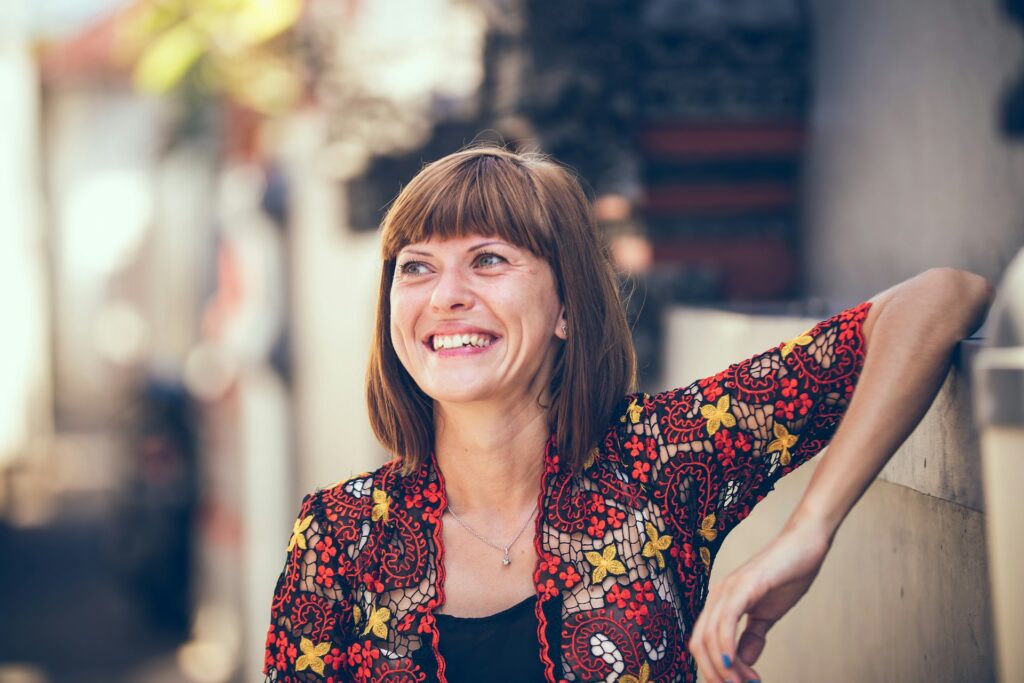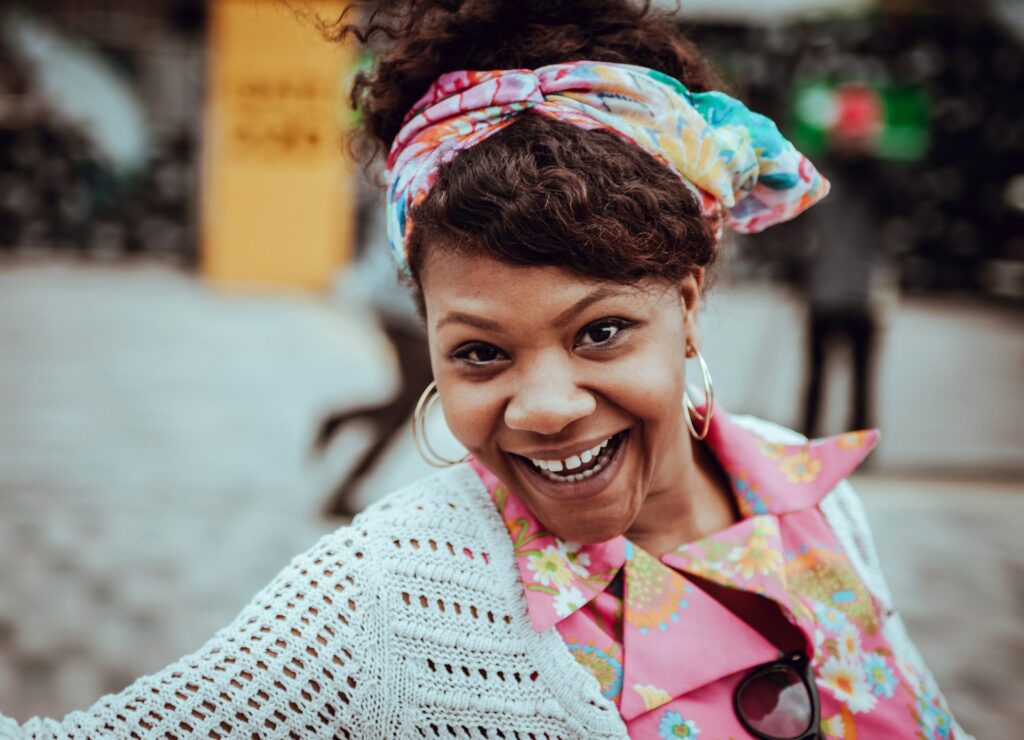Self-reflection doesn’t have to be some long, dramatic deep dive into your childhood or the contents of your soul.

Sometimes, it’s just a few quiet minutes where you stop, check in, and notice what’s going on beneath the surface. You don’t need a journal filled with revelations or a candlelit corner to do it—just enough space to listen to yourself without the noise of everyone else’s opinions. If you make even a little time for it each day, here’s how it can start shifting things in ways that actually stick.
1. You stop running on autopilot all the time.

Unsplash/Getty
Without self-reflection, it’s easy to live in default mode—waking up, reacting, doing the next thing without questioning any of it. A few minutes of pause interrupts that cycle. It gives you a moment to ask, “Is this actually working for me?” That space alone can change your direction. You stop moving just to keep up, and start noticing whether the things you’re doing are even worth your time or energy anymore.
2. You get better at naming what you feel (instead of stuffing it down).

Most of us go through the day carrying tension or irritability without ever stopping to ask why. Reflecting, even briefly, helps you catch emotions before they snowball into stress or burnout. You can’t work through something if you don’t name it. Giving yourself space to say, “I think I’m feeling overlooked today,” or “I’m anxious, and I don’t know why,” makes a huge difference, even if nothing else changes in that moment.
3. You learn to respond instead of react.

When you start checking in with yourself regularly, you begin to notice your patterns. You spot the things that trigger you and the moments when you overreact. That awareness gives you just enough distance to pause before snapping back. Self-reflection doesn’t make you perfect; it just gives you a split second of choice. And in that second, you can decide to handle things differently than you did yesterday.
4. You notice the wins you usually gloss over.

So much progress gets lost in the rush to fix what’s next. When you reflect, you create space to actually notice what went well—what you handled better, what felt easier, what made you proud even if no one saw it. These tiny acknowledgements matter. They build confidence in a real way, without needing validation from anyone else. And they help you keep showing up, even when no one’s clapping.
5. You figure out what’s draining you faster.

When you never pause, it’s easy to blame exhaustion on the obvious stuff. However, sometimes it’s not the schedule; it’s the dynamic, the guilt, or the pressure you’re putting on yourself. Reflection helps you get honest about what’s really wearing you down. It’s not always about quitting your job or changing your whole life. Sometimes it’s about identifying one interaction, one habit, or one expectation that’s costing more than it’s giving. That clarity starts with noticing.
6. You reconnect with your actual values.

Without reflection, it’s easy to chase things just because they’re in front of you. But when you pause and ask, “Is this aligned with who I want to be?” you start redirecting your time in ways that feel more honest. After a while, those small decisions build a life that reflects your priorities, not just your obligations. That creates a sense of peace you can actually feel in your day-to-day.
7. You stop blaming yourself for every mood change.

Self-reflection can help you spot patterns that aren’t personal. Maybe you always feel off at the end of the workweek, or extra irritable when you skip breakfast. Instead of thinking, “What’s wrong with me?” you start to say, “Oh, this again.” That change alone takes so much weight off. You realise you’re not broken—you’re just human. With a bit of consistency, you start managing things with more compassion instead of constant criticism.
8. You become more present in your relationships.

When you reflect on how you show up around other people, you start to notice things you miss in the moment—like when you interrupt, avoid, or withdraw. It’s not about beating yourself up; it’s about gently checking in. That self-awareness starts to show up in real time. You listen more. You apologise sooner. You catch yourself before repeating old patterns. And your relationships get better because you’re actually in them, not just reacting through them.
9. You stop absorbing everything as your fault.

If you’re someone who tends to take on guilt or blame by default, reflection helps you untangle what’s yours and what’s not. You learn to pause before assuming you caused the problem. You start asking, “Is this mine to fix?” or “Did I actually do something wrong, or am I just uncomfortable with someone being upset?” That change creates room for self-trust—something guilt tends to destroy.
10. You make decisions with more intention.

It’s easy to say yes to things out of habit, or fall into roles without ever choosing them. When you reflect, even briefly, you get to pause and ask, “Do I really want to do this, or am I just avoiding conflict or trying to be liked?” As time goes on, you start making choices that feel cleaner, less loaded with obligation or performance. That makes your life feel more like yours again.
11. You develop actual inner stability.

Self-reflection builds a solid sense of self that doesn’t crumble the moment someone disagrees with you or you make a mistake. You know who you are, what matters to you, and how to come back to yourself when things feel messy. It doesn’t mean you never wobble. It means you don’t spiral every time. And that internal steadiness is something you can lean on, even when nothing around you feels calm.
12. You become more emotionally honest—with yourself first.

When you reflect regularly, you stop sugar-coating your own experience. You’re more willing to admit when you’re hurt, burned out, angry, or confused, even if you don’t have a tidy solution yet. That honesty is what creates change. You don’t have to fix it all—you just have to stop pretending it’s fine. Self-reflection helps you do that in a way that feels grounded, not dramatic.
13. You remember you’re allowed to grow slowly.

Reflection helps you track progress in real time. You see the change in your reactions, the softening in your self-talk, the boundaries you actually held—and you realise that even if things aren’t perfect, you’re changing. That reminder makes the process feel less like a failure and more like movement. You stop needing big wins to feel valid. A few quiet minutes a day is enough to remind you that you’re already becoming someone stronger.


